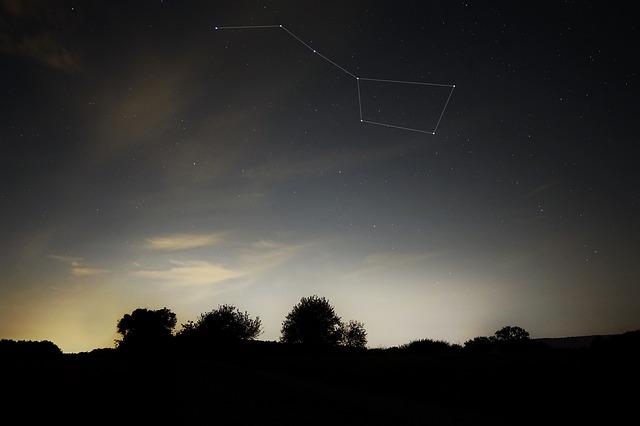On Thursday, another ruin was named in the Henan Province's top five archeological discoveries in 2017 and it is the Qingtai ruins in Xingyang.
The ruins is said to be built 5,000 years ago and looks similar to the constellation of the Big Dipper. According to Wei Qingli, a researcher from the Zhengzhou cultural heritage institute, at least nine ceramic pots laid similar to the known constellation were located, as well as a round sacrificial altar in the eastern side of the temple. There was also a human skeleton with signs of unnatural death and three funeral urns in the altar.
According to ancient Chinese beliefs, the Big Dipper was compossed of seven "visible" stars and two "invisible stars".
Wei said, "The discovery shows that people had some astronomic knowledge and an established ritual ceremonial pattern in the shape of the Big Dipper."
The Qingtai ruins are also noted as a good example of Neolithic Yangshao culture.
Aside from the temple, the archaeologists also discovered old ruins of ancient houses made from mud-bricks, revealing that the ancient Chinese already used construction materials for their homes. At least 189 tombs were also excavated and it revealed that corpses were wrapped before they were buried in wood coffins.








